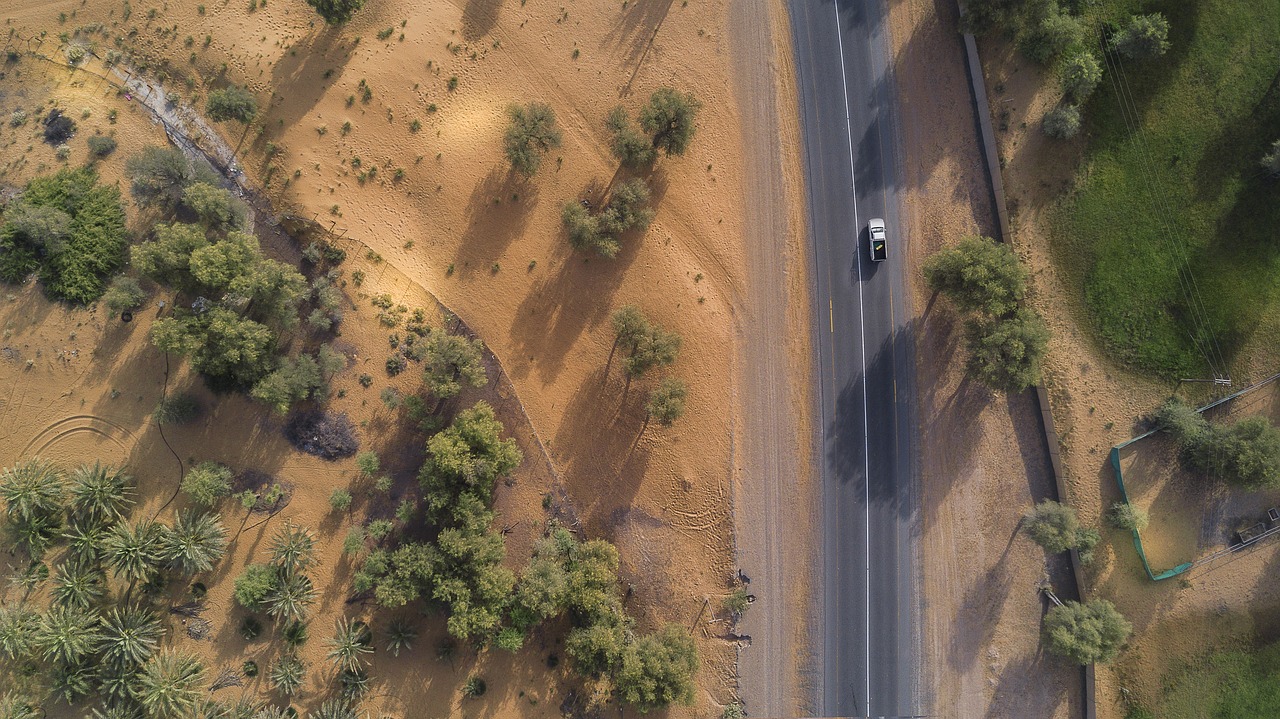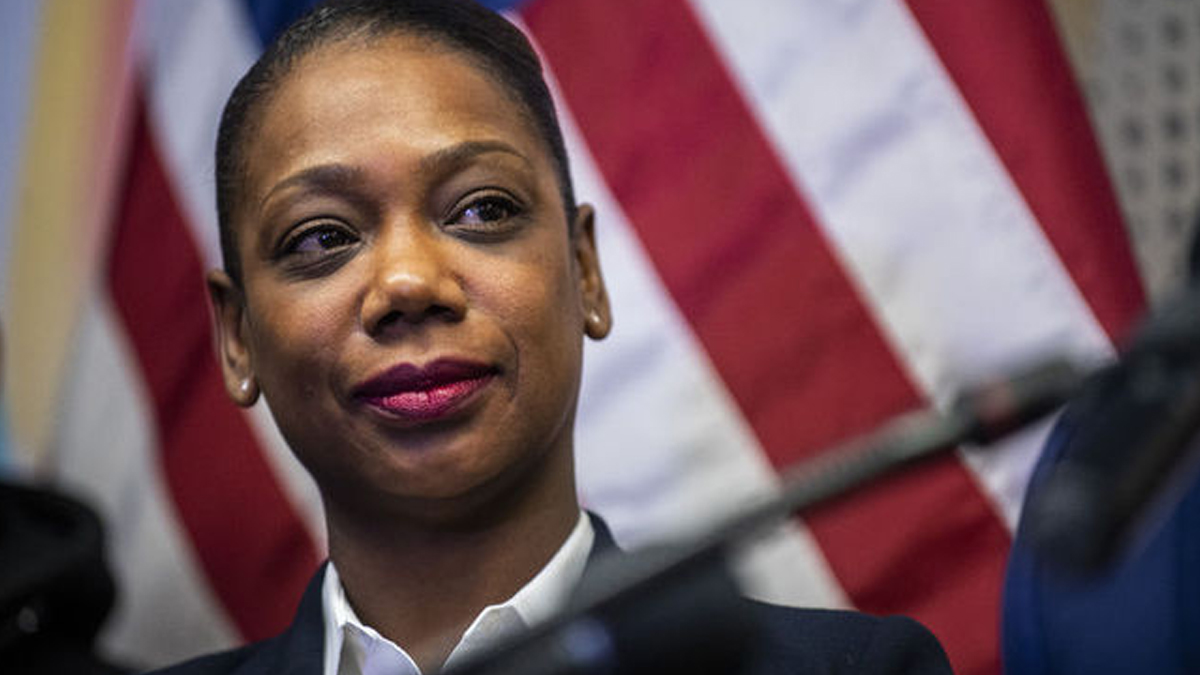In early September, New Yorkers may have noticed an unwanted guest hovering over their heads during celebrations. As Labor Day weekend approaches, the New York Police Department (NYPD) has announced that it will conduct drone patrols to investigate complaints about celebrations, including backyard parties. Police surveillance has become increasingly common in the US. According to a recent study by researchers at Northwestern University Pritzker School of Law, nearly a quarter of police departments now use drones.
Even more surprising is where this technology comes from. Skydio, a technology supplier to the New York Police Department, is a Silicon Valley company that uses artificial intelligence to facilitate drone use. AI-based software developed by the company allows police officers to control drones with very little training. Skydio is backed by Andreessen Horowitz, a well-known venture capital giant, and Accel Partners, a renowned venture capital (startup) firm.
The NYPD is also buying tech products from another startup, Brink’s, which makes drones equipped with night vision cameras that can see through window panes. Investors in Brink’s include Sam Altman, CEO of OpenAI, the startup behind ChatGPT, and Index Ventures, another powerful venture capital firm.

It may seem surprising that Silicon Valley is helping US law enforcement spy on insurgents. This is because support for state surveillance is embarrassingly at odds with the libertarian values espoused by many leading US tech developers who came of age in the early days of the internet. Silicon Valley began supplying chips to the US defense industry in the 1950s, but as attention shifted from guided missiles to e-commerce and iPhone phones, its relationship with the state weakened.
One of the government activities that is being developed and in which startup companies are participating is surveillance and espionage.
As the technology sector today seeks new horizons in growth, the trend of selling to the state has regained momentum.
In a blog post last year, Andreessen Horowitz general partner Katherine Boyle wrote that governments are the ‘last remaining opponents of the software revolution’. Earlier this year, Andreessen Horowitz launched the American Dynamics Fund to invest in government-related sectors. The country is slowly but surely moving into the digital age. The US Department of Defense (Pentagon) signed cloud computing contracts worth $9 billion each with four tech giants – Alphabet, Amazon, Oracle and Microsoft – by the end of 2022. According to data from The Economist magazine, 11 percent of last year’s contracts were for software and technology. Ten years ago, the figure was 8 percent.
Surveillance and espionage is one of the government activities that is being developed and in which startup companies are participating. New monitoring and analytics techniques are being used to transform this area. Alongside traditional vendors such as Axon Enterprises and Motorola Solutions, which sell cameras and various surveillance tools to police and other security organizations, there are new startup companies working to develop more advanced and innovative technologies.
Drones are one of the leading emerging technology products. The fact that this sector is dominated by the Chinese company DJI, which supplied almost three-quarters of all drones sold in the US last year, has caused great concern in US administration circles. On November 1, a bill was introduced in the US Congress to ban government agencies from purchasing drones from China. Likewise, emergency departments in some states, including Florida, have banned the purchase of Chinese drones. All of this is seen as a boon for companies like Skydio and Brink’s. But there are other aerial surveillance devices in development. Another startup, Skydweller, aims to develop an autonomous aerial vehicle powered by solar energy. According to the company, if the project is successful, the aircraft will not need to land on the ground to recharge, enabling ‘non-stop surveillance’.
Satellite market
Second in the list of emerging technology products are satellites. SpaceX, the rocket company owned by Elon Musk, and the companies that have imitated it, have helped reduce the cost of sending objects into space to about a tenth of what it was twenty years ago. But this has led to about one-eighth of Earth’s low Earth orbit being occupied by satellites used to monitor the planet.
Trae Stephens of Founder Fund, another venture capital firm, said that according to Pitchbook, a data and research company, there are now about 200 companies selling satellite imagery and the market is big enough to become a commodity. One of these companies, BlackSky, says it can photograph a point on Earth every hour. Satellite imagery has come a long way in the last decade. It’s been a long time since Oregon state police used Google Earth imagery to uncover a case of illegal marijuana cultivation in the backyard of a home.
Tech companies are also selling tools to help law enforcement make better use of the vast amount of visuals and information that are now just a click away. Ambient AI, another startup backed by Andreessen Horowitz, has developed technology that automatically tracks suspicious activity with cameras. In the US, Palantir provides data analytics services to the most critical government agencies such as the CIA, NSA and FBI, and sells its technology products to organizations such as the Los Angeles Police Department (LAPD).
Facial recognition software is now widely used in the US. About a tenth of US police departments have access to the technology. A report released in September by the US Government Accountability Office found that six federal law enforcement agencies, including the Federal Bureau of Investigation (FBI) and Secret Service, together conduct an average of 69 facial recognition searches every day. Among the top facial recognition software makers listed is ClearView AI, a company backed by venture capital veteran Peter Thiel.

The surveillance capabilities of ClearView AI, which can work with ‘unaltered’ data such as photos and videos, could soon be further enhanced by the kind of generative AI that powers ChatGPT. Will Marshall, president of satellite company Planet Labs, says that using the technology to analyze satellite imagery will help you ‘search for things on Earth’, much like Google allows you to search for information on the internet.
ClearView AI’s surveillance capabilities could soon be further enhanced with the kind of generative AI that powers ChatGPT.
Silicon Valley voyeurs
Getting the government on board with new smart surveillance technologies is not easy for start-ups in this sector. Selling to law enforcement agencies means getting to know a lot of police chiefs. Rick Smith, founder of Axon, points out that there are 18,000 police departments in the US, and a fifth of them don’t even use digital records. Smith said the NYPD continued to buy typewriters until 2009.
But startups that gain a foothold in this space stand to gain big. David Ulevitch, who leads Andreessen Horowitz’s American Dynamics Fund, says word of mouth can spread quickly, creating energy and power. Vosos, a startup company that develops real-time crime monitoring software, has claimed that its sales have increased by more than 300 percent in the past year. Another startup, Fluke Safety, launched a license plate reader in 2017 that is now used in 47 US states. According to Paul Kwan of General Catalyst, another venture capital firm, once relationships with official buyers are established, they tend to continue.
But big companies are not standing still. Motorola Solutions has made 15 acquisitions since 2019, including Calipsa software, a video analytics tool, and WatchGuard, which makes cameras for police vehicle dashboards. In addition to new companies, Exxon has acquired stakes in companies including Vosos and Skydio.
But investing in surveillance technologies is likely to be more profitable, especially since governments are not their only customers. Drones developed by Skydio inspect cell towers for damage. Hedge funds use satellite images of the number of cars in parking lots of retail outlets to gauge revenues before releasing them to the market. Sweden-based Smart Eye sells technology that tracks eye movements to track the mood of pilots. The company’s products are also bought by advertising companies. Whether by Big Brother or by big corporations, the growing trend in surveillance is unlikely to be reversed any time soon.





